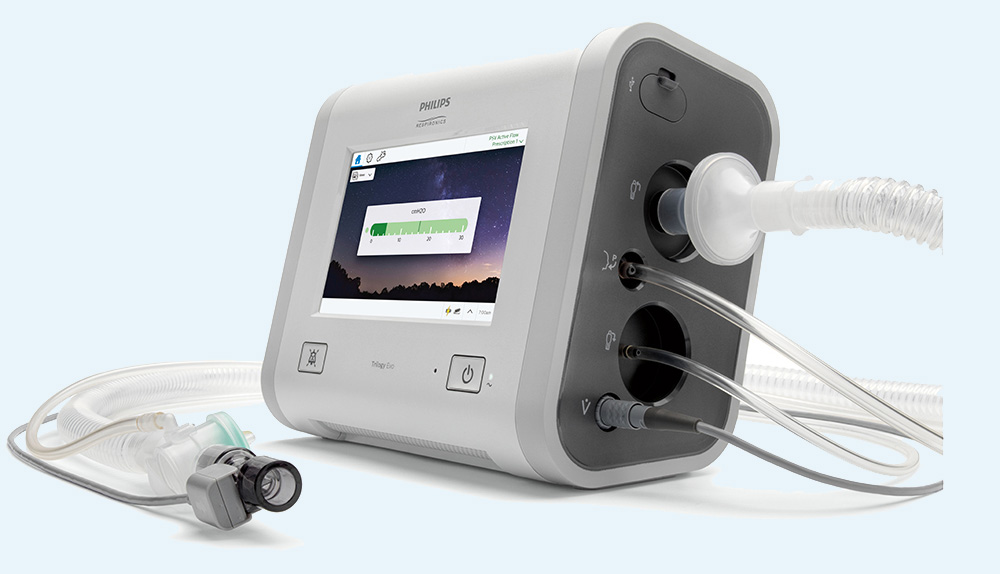the key point of healthcare, is to provide for the health of your population, and you know, make sure they are alive, healthy, and when they get sick, get the care they need asap. A privatized healthcare system (like in the U.S.) is basically profiteering off people's suffering, while also making it painfully difficult for people to get the care they need which goes against the entire point of healthcare. This is especially true, when the best time to treat any illness is when it's caught early and is easily treatable, but this is basically impossible when you have a healthcare system that actively puts the fear of medical bankruptcy and financial ruin into the soul of your population and effectively instills the mentality of brushing off illnesses and basically crossing your fingers that it'll go away. The end result to a lot of serious illnesses in such a healthcare system is people not going to a doctor, or not going to a hospital until the illness becomes so severe that treatment costs substantially more or the patient is literally on death's door.
Some might argue that without a free market healthcare system, innovative treatments, and innovations in medical technology will not happen, however, almost all the medication that you and I use was literally researched and developed using federal dollars that at some point drug companies came in and swept up and bought. Hell, we just saw something similar during this coronavirus situation where I believe in 2015 it was, a corporation was tasked with making ventilators and with the help of the federal government, developed a ventilator that was smaller, easier to use, and I believe could be used on up to 4 patients at the same time (not sure about this, but I believe that was one of the benefits of it). The development of the new ventilator was literally at the point where it was ready for manufacturing, and then another company came in, bought the company that developed said ventilator, and effectively shut it down and as it turned out the company that bought them, was a company that produced the inferior ventilator, and they just so happened to have also scrapped the project and cancelled the federal contract. It was basically a case of one corporation buying the competition and killing any competition there ever was.
private markets have their place, but they absolutely do not belong in healthcare.





